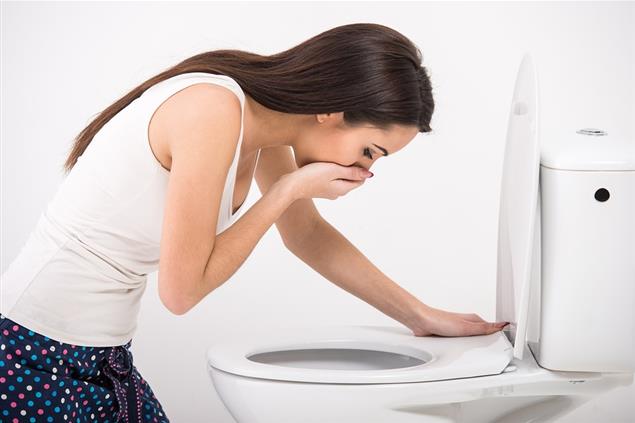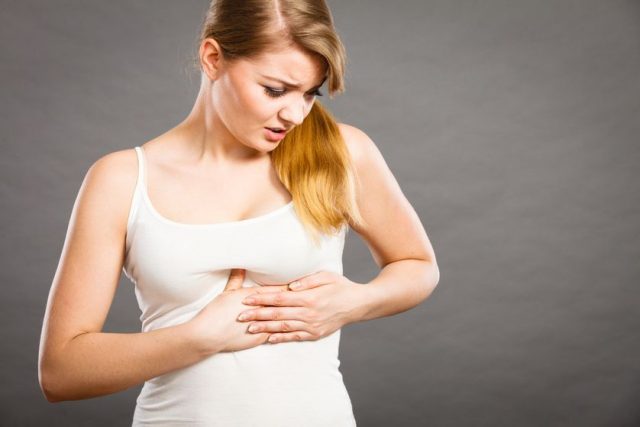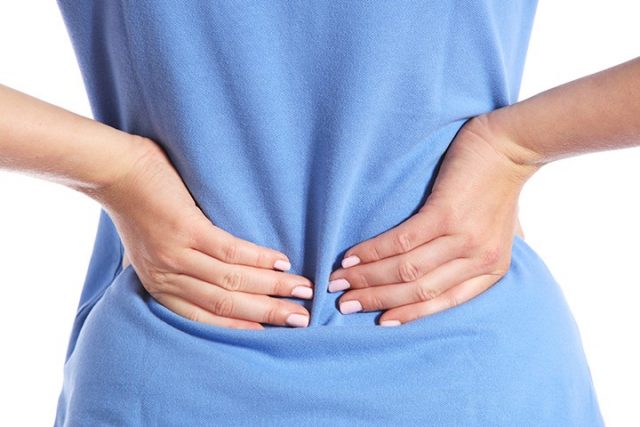Nature has designed a woman's body in a way that she can know whether she is pregnant. If you are one of those women who are curious about how to know if you're pregnant, then pay close attention to your body. There are different signs that can help you know when to use pregnancy test kit to confirm your pregnancy. The first indicator is missing periods and when various body changes take place. In this article, we are going to tell you how early can pregnancy be detected with body changes.
Vomiting and Nausea
Vomiting and nausea are early signs of pregnancy. They usually appear three weeks after conception. Sometimes, this is called morning sickness, even though you can experience it at any time during the day. You may even feel nauseous due to the fragrance of a perfume. It indicates that the hormonal levels of your body are increasing and making you ready for pregnancy.

Spotting
Spotting is also called implantation bleeding. It is harmless drops of blood that you will notice two weeks after your last period. This is a sign that the embryo is now implanted in the wall of your uterus. Every expectant mother will not necessarily experience spotting. Therefore, contact your doctor if you have any discomfort or pain.
Tingly Nipples and Sore Breasts
You will notice that your breasts are heavier and larger. They may be painful to touch and will feel tender and sore. You will notice that there are small spots around the nipples that also look darker. The areolas will also look darker, with white spots around them.

Bloating
There will be a feeling of bloating or fullness along with gas. You will experience cramps, belching, and flatulence. The symptoms vary from woman to woman. Progesterone levels increase in some women earlier than others. It affects the digestion process because progesterone relaxes the smooth muscle tissue located in the gastrointestinal tract. You will feel full even after eating small amounts of food. You will also feel your clothes fitting tightly around your waist.
Backpain
Pain in the lower back, like the one you may feel during a period, is an indication of how to know if you are pregnant. Some women experience back pain more regular than others. They feel it throughout the day and a massage or rest does not ease the pain. The sacroiliac joint is the area where back pain is likely to occur during pregnancy. The reasons for back pain are stress, hormonal changes, posture change, and weight gain. Regular exercise is a great way to gradually ease off the pain. You can also try swimming, stationary cycling, meditation, hot and cold compresses, and light yoga. Consult your doctor before trying any of these activities.

Increased Urination
Frequent urination that makes you rush to the washroom every twenty to thirty minutes is an indication that you might be pregnant. Water retention and higher blood flow caused by hormonal changes, fill up your bladder a little more quickly. Moreover, your enlarging uterus exerts more on the bladder thereby increasing the frequency at which you urinate.
Mood Swings
Pregnancy hormones instigate a moody behavior. You are more likely to lose temper without any provocation. It is a good way for how to know if you are pregnant. The hormonal changes inside your body will alter chemical messengers that transmit messages to your brain. It will make you feel tearful, grumpy, and oversensitive. The result will be heightened emotions, whether good or bad. Talking to a friend will help you divert your thoughts and reduce the mood swings.

Headaches
It is very common to experience headaches during the second part of the first trimester and throughout the entire second trimester. Headaches may even begin earlier in some cases. Headaches might be caused by physical changes, cravings, drowsiness, and stress.
Sleeplessness and Fatigue
Your body's sleep cycle will be disrupted by the physical changes you are experiencing. Fatigue may be caused by frequent urination, nausea, and higher progesterone levels. Fatigue also leads to sleeplessness. During the second trimester, you will feel energetic but tiredness will likely return in the final trimester.